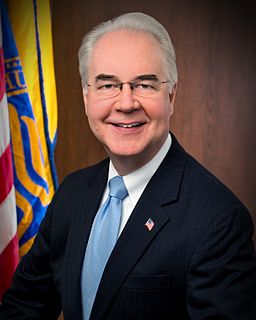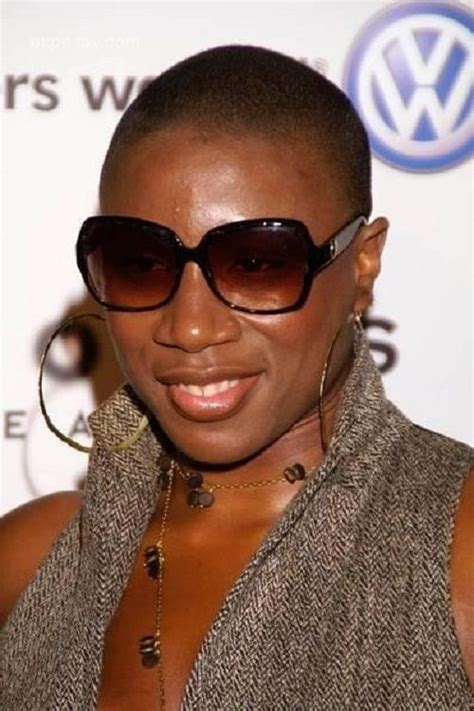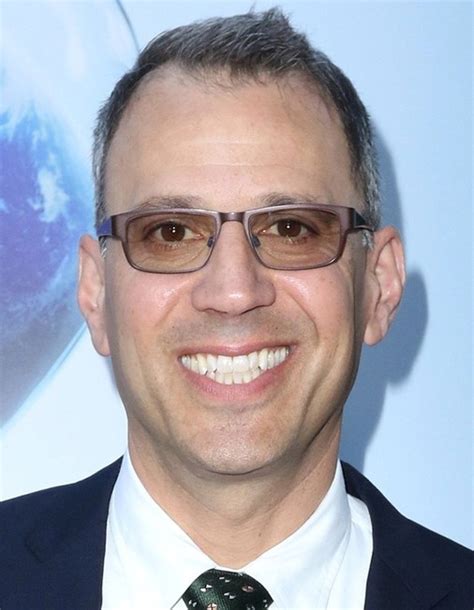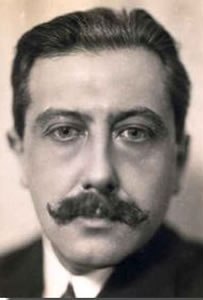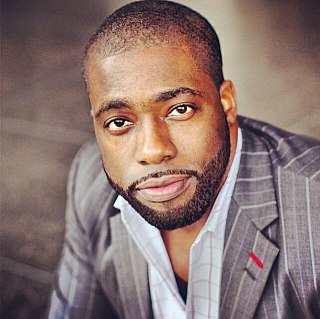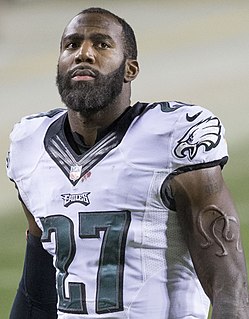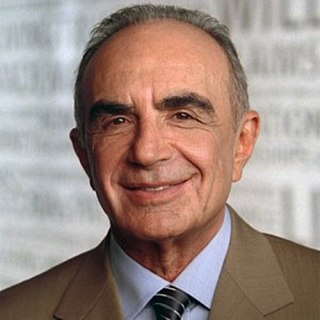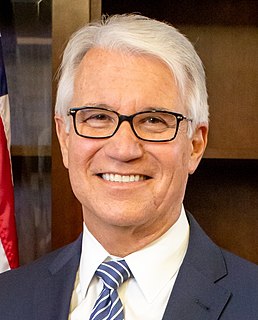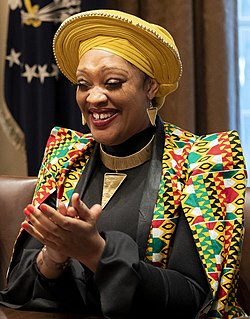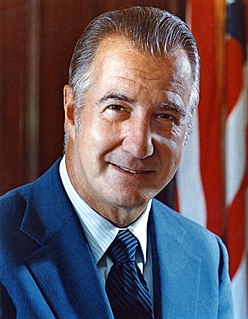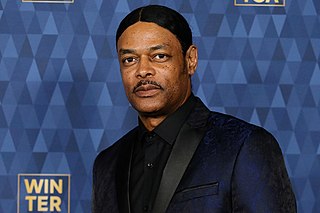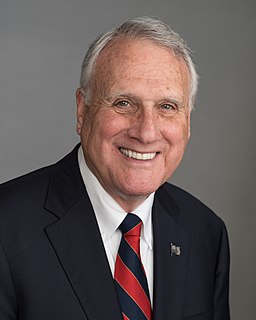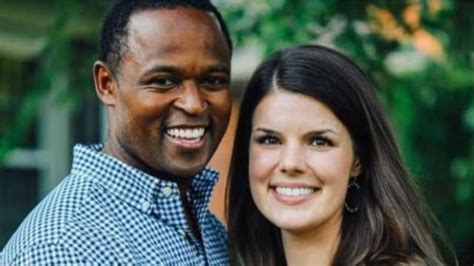Top 1200 Criminal Justice System Quotes & Sayings - Page 3
Explore popular Criminal Justice System quotes.
Last updated on November 26, 2024.
The show [Shots Fired] is an autopsy of our criminal justice system, a space where the conversation surrounding the issues in our country is offering a seat at the table to all the voices to be heard, a murder mystery, and grassroots look at our own humanity as we move through the parts and pieces of the story.
For those who say that the war on drugs and the system of mass incarceration really isn't about race, I say there is no way we would allow the majority of young white men to be swept into the criminal justice system for minor drug offenses, branded criminals and felons, and then stripped of their basis civil and human rights while young black men who are engaged in the same activity trot off to college. That would never be accepted as the norm.
Though the rampant racial injustices throughout the criminal justice system were offensive to me and to millions of other people, I've never drawn a tight circle around the black community to define the limits of my moral concern. But that narrative tends to get imposed on you, if you're an African-American activist.
It is no longer socially permissible to use race, explicitly, as a justification for discrimination, exclusion, and social contempt. So we don't. Rather than rely on race, we use our criminal justice system to label people of color 'criminals' and then engage in all the practices we supposedly left behind.
A symptomatic example of the way in which violence has saturated everyday life can be seen in the increased acceptance of criminalizing the behavior of young people in public schools. Behaviors that were normally handled by teachers, guidance counselors and school administrators are now dealt with by the police and the criminal justice system.
I have never articulated a specific number, but I think a nation as great as we are, that professes to favor freedom and liberty, that we would find a way to evidence that in our criminal justice system by achieving what we know we can achieve: a reduction in crime, a reduction in taxpayer expense, and a reduction in the prison population.
When we look at our justice system, we have this image of a balancing scale: truth and justice, right and wrong. But for years, our system has been lopsided, where it's not about truth and justice or balance. It's about being tough on crime, and sometimes that means you're putting the wrong person behind bars.
Over the last few years a lot of people have become aware of the inequities in the criminal justice system, right now, with our overall crime rate and incarceration rate both falling, we're at a moment when some good people in both parties, Republicans and Democrats and folks all across the country, are coming up with ideas to make the system work smarter and better.
I worked when I was Congress on a second chance act. We have got to do a better job recognizing and correcting the errors in the system that do reflect on institutional bias in criminal justice. But what - what - what Donald Trump and I are saying is let's not have the reflex of assuming the worst of men and women in law enforcement. We truly do believe that law enforcement is not a force for racism or division in our country.
In order to ensure our criminal justice system is fair and equitable, my office is conducting an immediate assessment of every prosecution within the past 10 years where these officers were involved. This is a shameful incident that the public deserves to have addressed in a meaningful and expeditious manner.
I think it's important to encourage young people to tell their own stories and to speak openly about their own experiences with the criminal justice system and the experiences of their family. We need to ensure that the classroom environment is a supportive one so that the shame and stigma can be dispelled.
I don't think it's necessary to feel guilty. Because I know that I'm still doing the work that is going to help more sisters and brothers to challenge the whole criminal justice system, and I'm trying to use whatever knowledge I was able to acquire to continue to do the work in our communities that will move us forward.
This is the criminal left that belongs not in a dormitory, but in a penitentiary. The criminal left is not a problem to be solved by the Department of Philosophy or the Department of English - it is a problem for the Department of Justice. Black or white, the criminal left is interested in power. It is not interested in promoting the renewal and reforms that make democracy work; it is interested in promoting those collisions and conflict that tear democracy apart.
The first thing we should be concerned about the BLM movement should be the issues that the Black Lives Matter movement is bringing forward. There's no fundamental platform being brought by activists in Oakland, Baltimore, or New Jersey. The main issues that you see, the commonality between activists all around the country, are trying to deal with the challenges in the criminal justice system, something that is very much central to my work. So my hope is that people stay focused on the urgency to create justice here at home.
One might expect that the families of murder victims would be showered with sympathy and support, embraced by their communities. But in reality they are far more likely to feel isolated, fearful, and ashamed, overwhelmed by grief and guilt, angry at the criminal-justice system, and shunned by their old friends.
Policemen and laws can never replace customs, traditions and moral values as a means for regulating human behavior. At best, the police and criminal justice system are the last desperate line of defense for a civilized society. Our increased reliance on laws to regulate behavior is a measure of how uncivilized we’ve become.
I think the biggest problem in our country is mass incarceration and the prison-industrial complex. From the Rockefeller drug laws to stand your ground to stop and frisk, all these are pointing people, especially and disproportionately black and brown people, towards the criminal-justice system. It's depleting whole generations of people.




